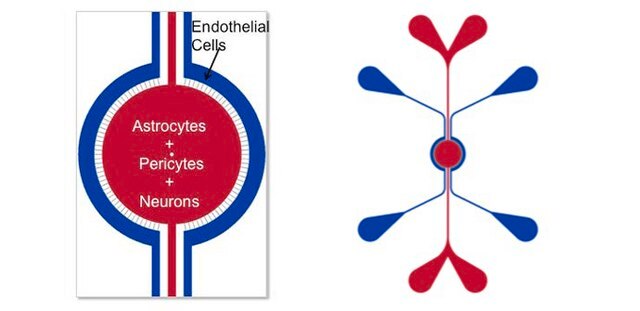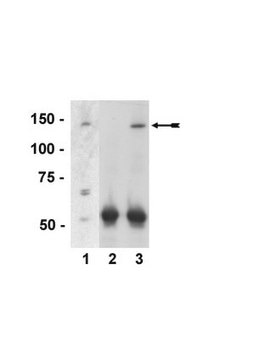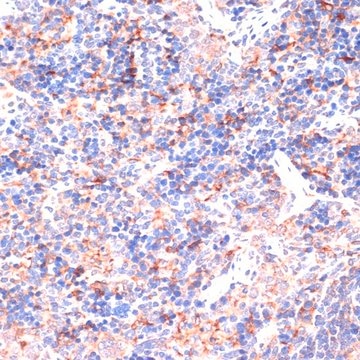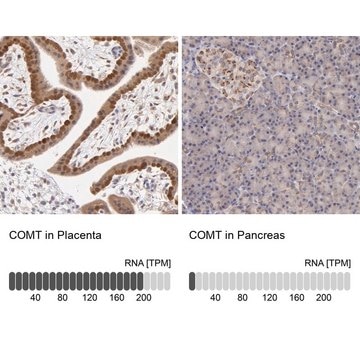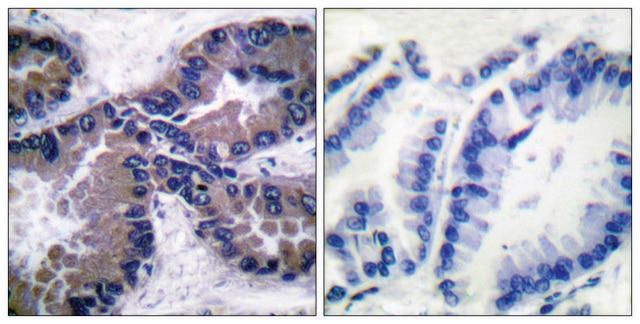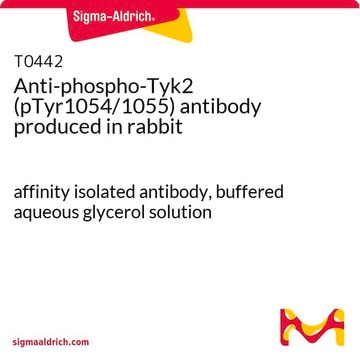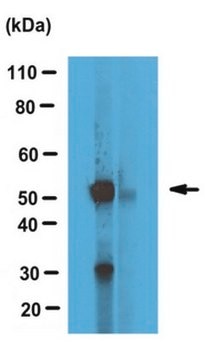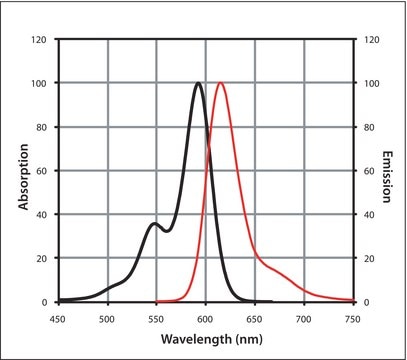AB6046
Anti-Cytoplasmic FMR1-interacting protein 1 Antibody
from rabbit, purified by affinity chromatography
Synonym(s):
cytoplasmic FMR1 interacting protein 1, Specifically Rac1-associated protein 1, cytoplasmic FMRP interacting protein 1, cytoplasmic FMR1-interacting protein 1, selective hybridizing clone
About This Item
Recommended Products
biological source
rabbit
Quality Level
antibody form
affinity isolated antibody
antibody product type
primary antibodies
clone
polyclonal
purified by
affinity chromatography
species reactivity
mouse, human
species reactivity (predicted by homology)
bovine (based on 100% sequence homology), rat (based on 100% sequence homology), primate (based on 100% sequence homology), rhesus macaque (based on 100% sequence homology)
technique(s)
immunocytochemistry: suitable
western blot: suitable
UniProt accession no.
shipped in
wet ice
target post-translational modification
unmodified
Gene Information
human ... SRA1(10011)
General description
Immunogen
Application
Cell Structure
Signaling
Cytoskeletal Signaling
Immunocytochemistry Analysis: 1:500 dilution from a previous lot detected Cytoplasmic FMR1-interacting protein 1 in NIH/3T3, HeLa, and A431 cells.
Quality
Western Blot Analysis: 1 µg/mL of the antibody detected Cytoplasmic FMR1-interacting protein 1 on 10 µg of HeLa cell lysate.
Target description
Physical form
Analysis Note
HeLa cell lysate
Other Notes
Disclaimer
Not finding the right product?
Try our Product Selector Tool.
wgk_germany
WGK 1
flash_point_f
Not applicable
flash_point_c
Not applicable
Certificates of Analysis (COA)
Search for Certificates of Analysis (COA) by entering the products Lot/Batch Number. Lot and Batch Numbers can be found on a product’s label following the words ‘Lot’ or ‘Batch’.
Already Own This Product?
Find documentation for the products that you have recently purchased in the Document Library.
Our team of scientists has experience in all areas of research including Life Science, Material Science, Chemical Synthesis, Chromatography, Analytical and many others.
Contact Technical Service